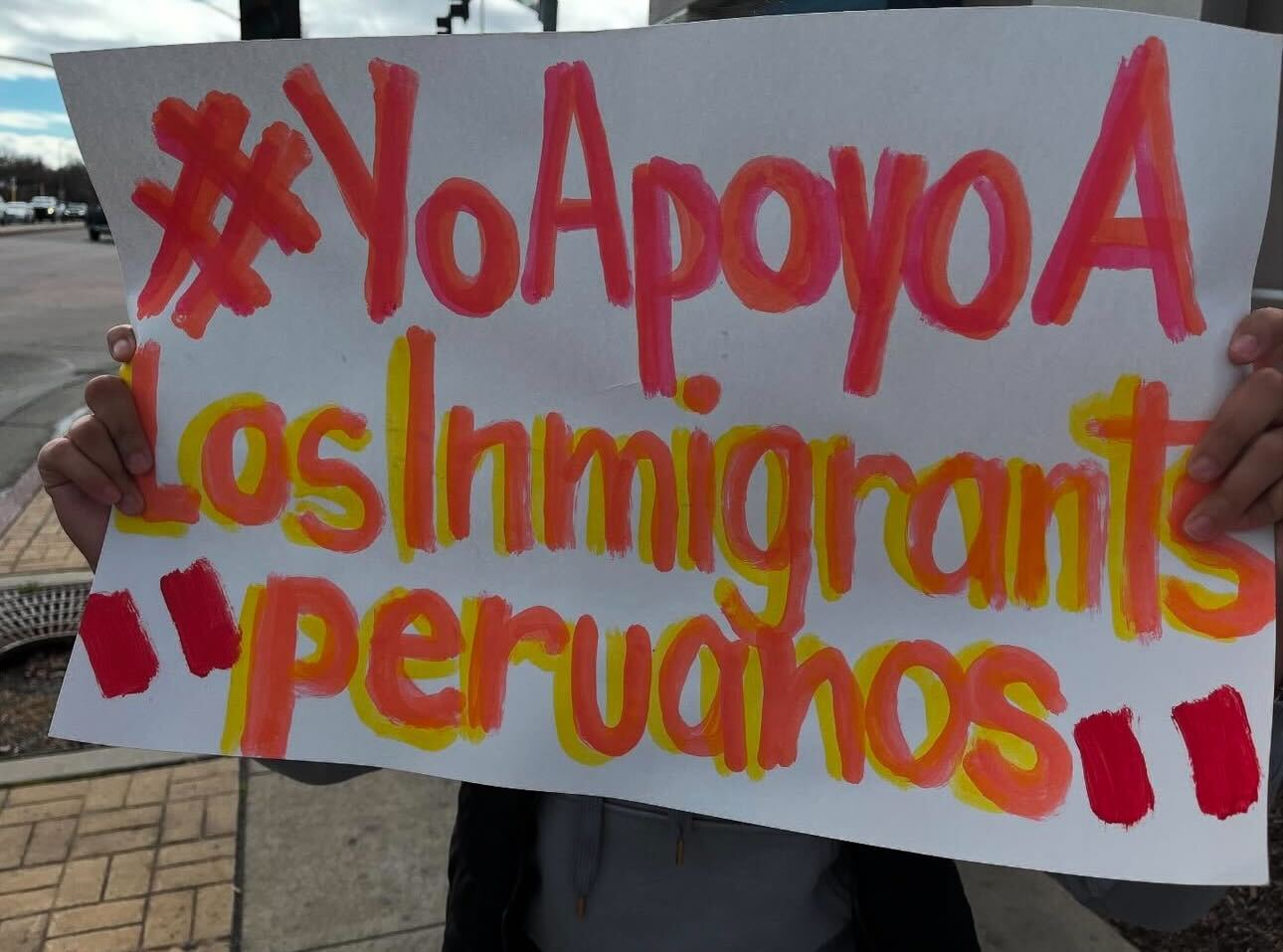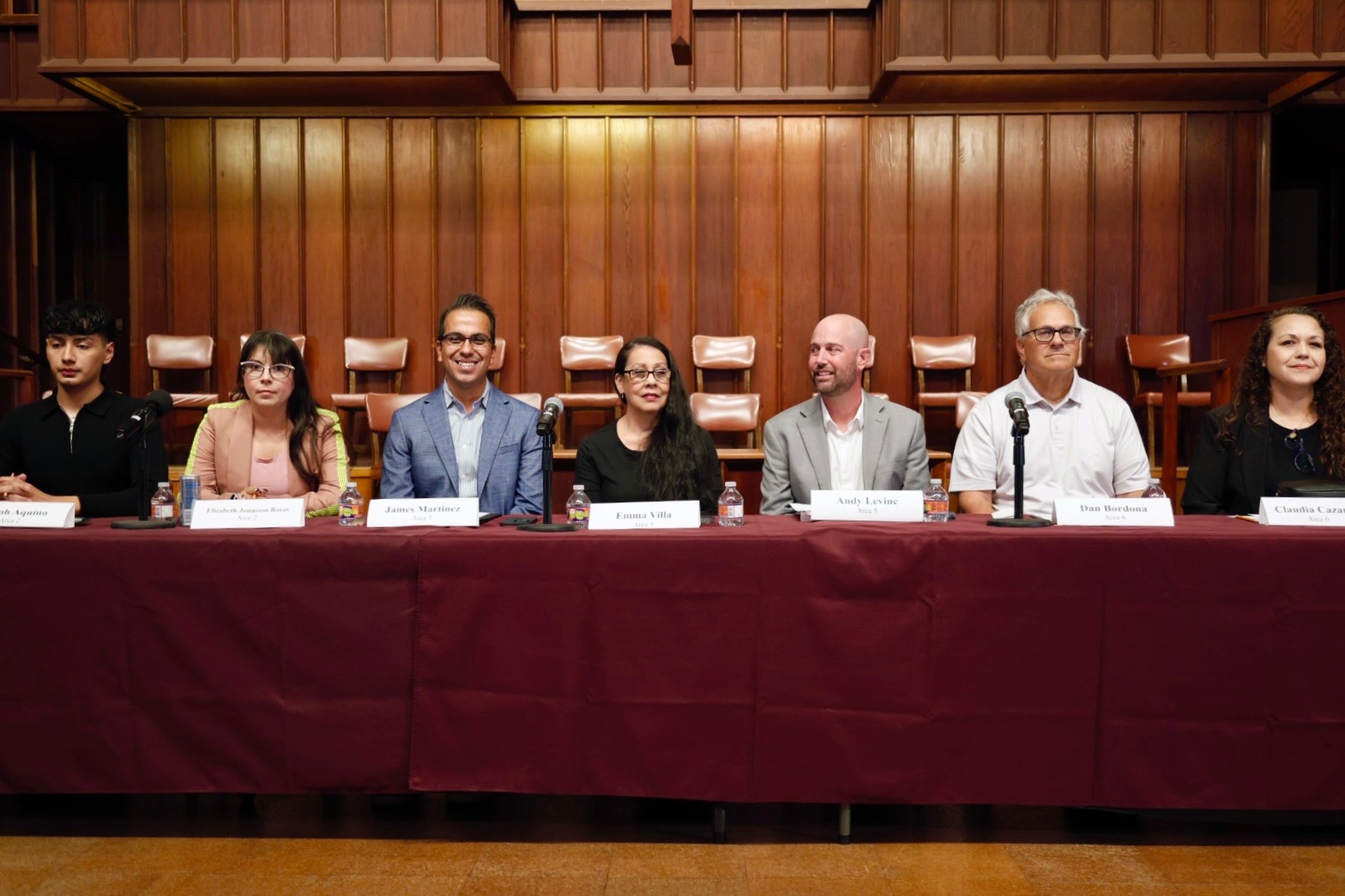Commentary by Asia Foster
Editor’s Note: Earlier this year, the Fresno Unified School District Board of Supervisors voted to expand funding for restorative justice programs. Viewed as an alternative to punitive school discipline practices like suspension and expulsion, restorative justice is a conflict resolution approach that utilizes victim-offender mediation. In the commentary below, Asia Foster, 15, writes about being bullied at her Central Unified middle school in Fresno, and the aftermath of that bullying. In the process, she conveys how school approaches to discipline can have profoundly different impacts on students and campus culture.
Going into 7th grade I had a 4.0 GPA, made good friends, and pretty much avoided conflict with everyone. I was always making other people laugh. But, there was one classmate that I could never make smile.
The bullying began with her spreading rumors about me. She eventually started calling me names to my face, saying that I was “fat” and “ugly.” She told my friends that I had been gossiping about them, when I hadn’t. I was losing friends and confidence daily, as her taunting continued.
I tried resolving the problem directly by talking to her, but that didn’t help. In fact, things began to get worse. Instead of just her targeting me, others began to do the same.
I told the school counselor. Two days later, we were both called to the office and we were spoken to, separately. The other girl convinced the counselor that the bullying was over, and he believed her. He told me it was all resolved, and sent me on my way.
But it wasn’t over. The name calling and taunting kept up. I felt helpless since the school administration didn’t seem interested in or able to fix it.
Eventually, the other girl and I got into a fight. We were both suspended and shortly thereafter the school year came to a close.
In retrospect, I don’t think we would have fought if we’d had a chance to speak to each other directly with a counselor or some other person in the room to mediate. I realize that most people who bully were either bullied themselves or have other hardships in their life, and I think I could have worked it out with her if there were someone there to facilitate the conversation.
My mom did try to get involved, but became frustrated at how hard it was for her to get an appointment with the counselor. To her, the school seemed more interested in handing out suspensions than working with us to resolve the issue. In the end, she decided I would be better off transferring out of Central Unified to another school district.
Luckily, my dad lived in an area that was part of Fresno Unified School District. I moved in with him last July and started at my new school in August. My mom even moved into the same neighborhood, so I would be close to both of my parents.
I felt welcomed on the first day at my new school, Fort Miller. I joined the basketball team and instantly began to make new friends. Everyone was nice to me, and I almost never felt alone. Everything was going great, and the bullying at my old school seemed like a distant memory.
Most importantly, Ms. Buckman, the principal, always had time to talk to me, and she would also talk to my mom. Whenever there was a problem between students, they would be brought to talk to Ms. Buckman or a counselor, together. If I were ever to be bullied again, I know she would have time to talk and help resolve it.
It’s just one example, but I believe more students would benefit if other schools followed the example of Fort Miller. Although I’m happy where I am now, if my old school had done a better job of intervening when the bullying was first reported — instead of just reacting after the conflict had already boiled over, and doling out suspensions — maybe things would have turned out different.


